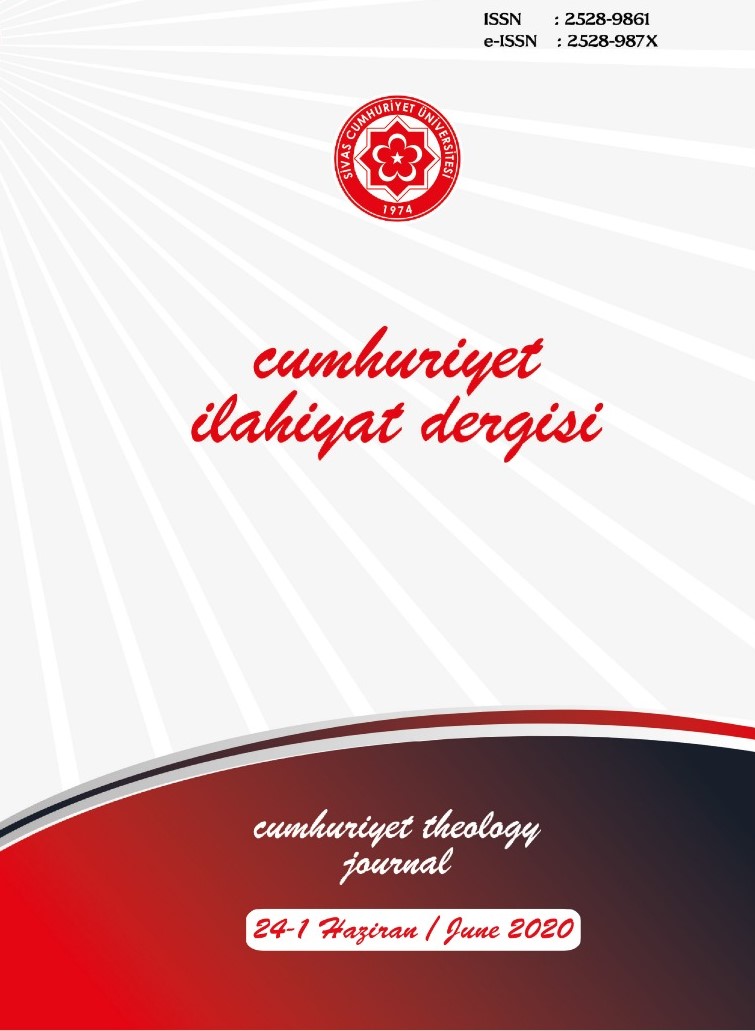Erken Dönem Tefsirlerinde Otantiklik Problemi ve Müellif-Eser İlişkisi
Authenticity Problem in Early Interpretations and Author-Work Relationship
Author(s): Süleyman KAYASubject(s): Theology and Religion, Islam studies
Published by: Cumhuriyet Üniversitesi İlahyat Fakültesi
Keywords: Tafsīr; Early Period; Author; Manuscript; Qur’ān;
Summary/Abstract: Early period (h. I-III) works are the most basic data sources in tafsīr studies. However, the related works were shaped within the conditions of the period. In this process, the literacy and schooling rate is low. It is not easy to obtain sufficient writing materials. For this reason, the information was initially transferred as a verbal, some of the original material that has been written has not survived. The information, which is usually narrated and some-times written, can be learned through the written copies of the next dates. However, there are serious time intervals between the author and the manuscript copies. This time period has led to some problems. There are such works that the author is controversial. There is such information that it is obvious that it was added later. Although some works belonging to the period were compiled from the sources of the following centuries, they were printed under the name of some people who lived in the early period, as if they gave the impression of author copy. Each of these matters has the quality to affect the nature of the information to be used as reference and the perception to be created on it. The relation of the subject with the interpretation of the Qur'ān and the fact that it is binding has a special importance, therefore, it requires knowing the formation stages of the reference source, especially in the commentary of tafsīr. In the article, the author-work relation in early tafsīr works has been tried to be processed on a sufficient number of examples with their respective dimensions
Journal: Cumhuriyet İlahiyat Dergisi
- Issue Year: 24/2020
- Issue No: 1
- Page Range: 497-518
- Page Count: 22
- Language: Turkish

